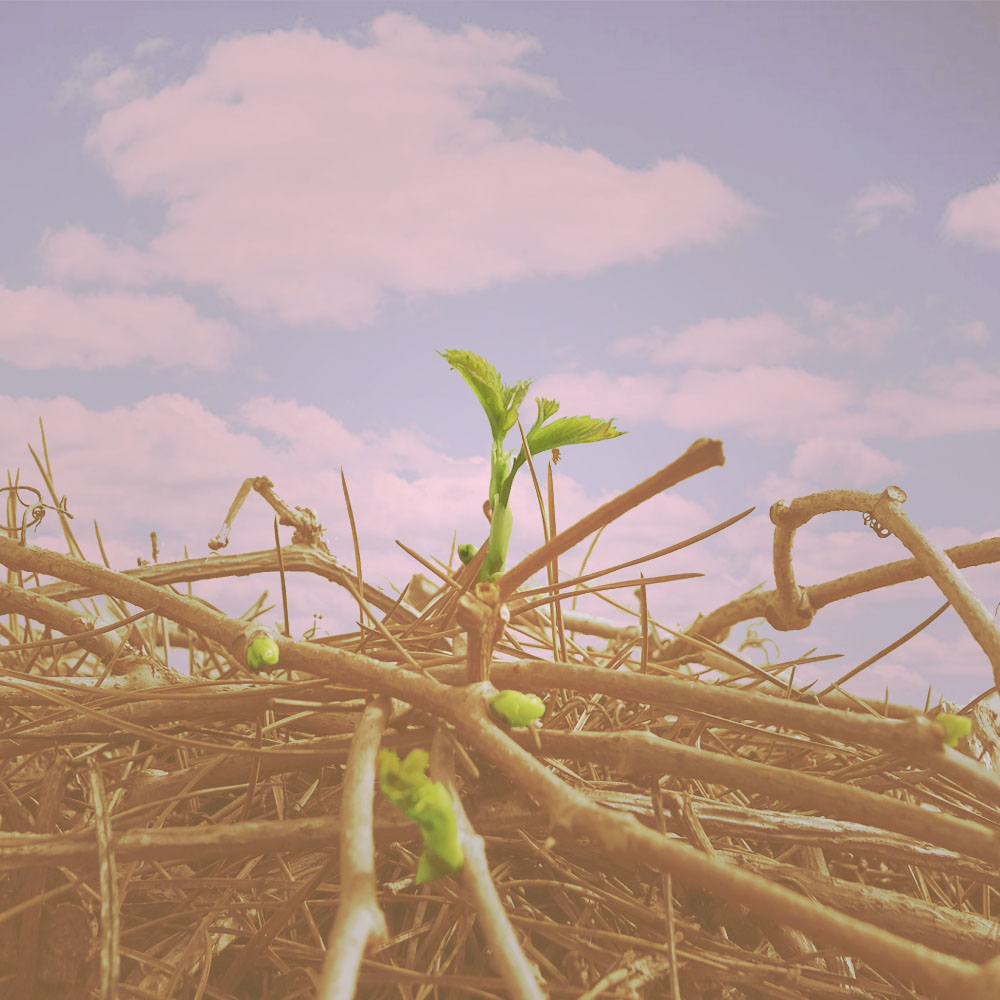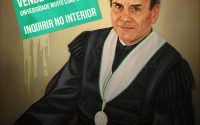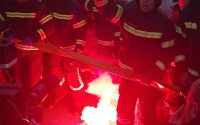Kurdistan // “Make Rojava Green Again” campaign wants to plant 100.000 trees~ 3 min

Five years after the Rojava revolution, between the oppression of the Syrian government, ISIS and the Turkish government, the Kurdish liberation movement talks about ecological revolution. Next to women’s liberation and a new way of thinking about democracy, the Rojava revolution defends ecology as an essential pillar for radical change, against the current economic colonialism that treats the environment like a resource to be exploited according to the needs of capital.
The western region of Kurdistan has suffered the most from the Syrian government’s insistence on the idea that the maximum exploitation of natural resources along with industrial agricultural production are the key to economic development while totally disrespecting environmental sustainability. Along with this economic model came the deforestation caused by massified wheat production in Cizire, olive plantations in Afrin and a mix of both in Kobane. These monocultures have not only drastically changed the Rojava landscape but also resulted in irrational policies prohibiting the planting of other trees and vegetables, leading to local populations migrating as cheap labor for industry in cities such as Aleppo, Raqqa or Homs.
Along with monocultures, there are other causes of soil destruction as well as water and air contamination. These include industrial energy production, excessive use of fossil fuels, poor waste management and the abusive use of chemicals . The destructive policies of the Baath party plus the Turkish government’s willingness to destroy the Kurdish population between military offensives, the construction of dams that damage groundwater levels in the occupied northern Kurdistan territories and the abusive use of groundwater for farming in Turkey are all good excuses to disrupt local populations by making it hard to access water resources or to develop new alternative and sustainable models.
As such, between destructive economic policies and wars against ISIS, the Kurdish movement’s ecological project is progressing slowly. All the regional committees of the Kurdish democratic confederalist structure are implementing reforestation projects and the construction of ecological waste management infrastructures but the lack of resources is making it hard to move forward. The ecological revolution is just beginning and there are many unmet needs pointed out by the Kurdish movement, such as the lack of ecological awareness within the local populations, the lack of specialized knowledge and technology.
Due to the ecological urgency with which they deal daily, the Internationalist Commune of Rojava launched the campaign “Make Rojava Green Again” in order to raise local ecological conscience and to garner international support.
This campaign is based on three foundational points: creating an International Academy to develop the ecological knowledge and awareness necessary to build an ecological society; to join efforts to create a cooperative within the International Academy focused on reforestation; and to promote the exchange of knowledge among activists, scientists and specialists within the Rojava committees and structures. There are two concrete reforestation plans for now: to plant 52.000 trees in 2018 and to plant another 50.000 over the next five years in the Hayaka nature reserve near the town of Derik in the Cizire canton.
The “Making Rojava Green Again” campaign summary is available in several languages and it aims to be a starting point for an international ecological revolution.




